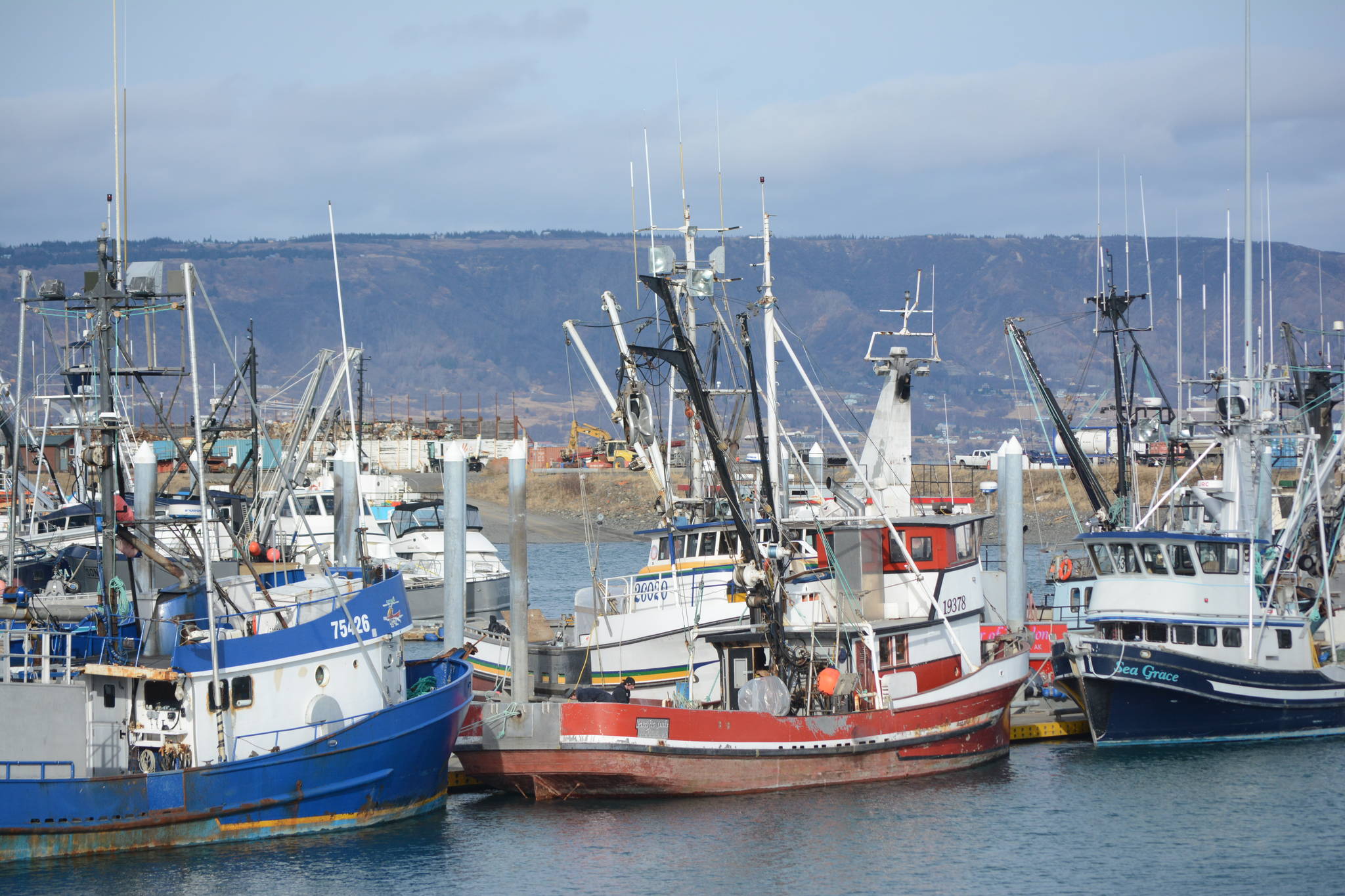As many Alaskans confront a governor who, according to CNN, lobbies foreign mining companies to invest in Pebble Mine, the environmental group Earthworks has released a study revealing that all of the five large mines in Alaska have experienced at least one major spill or other accidental release of hazardous materials.
Those spills include mine tailings, cyanide solution, diesel fuel and ore concentrate, all deadly to fish.
According to the study, 80%, or four of the five mines failed to capture or control contaminated mine water, resulting in water quality violations that often occurred over an extended period.
All five mines have been identified by the Environmental Protection Agency as out of compliance with federal laws to protect clean air or water in the past three years.
Uncontrolled mine waste, as well as the processing chemicals used to extract the ore, can be a significant source of pollution to the water, land and air.
There are five major operating mines in Alaska: Red Dog zinc-lead mine, Fort Knox gold mine, Pogo gold mine, Kensington gold mine and Greens Creek silver mine.
All but one of those mines are owned by foreign companies, and the report does not include trans-boundary mines that have the potential to pollute salmon rivers that cross from British Columbia into Southeast Alaska.
Two mines are operating in transboundary watersheds that flow into Alaska, the Brucejack and the Red Chris. Another, the Tulsequah Chief, is closed and leaking polluted water, according to the Earthworks report.
The Earthworks report compiles the track record of spills and the failure to capture and treat wastewater and air pollution at all five mines, and documents associated water quality and other natural resource impacts.
Bob Shavelson, advocacy director at Cook Inletkeeper, said the report should be a wake-up call for the fishing industry.
“I think it’s an important filter when you listen to the comments from Pebble, and they tell you this false narrative that we’ve got these stringent environmental rules, and the water and the fish will be protected. Well, that’s a lie,” he said.
Shavelson said that the current governor and his administration seem to value industry over environment.
“I think Governor Dunleavey and his administration have decided that facts and science don’t matter to them, but they should matter to every Alaskan, because under the Alaska constitution we own the fish and water resources of the state, and we have a right to use them responsibly but we have an obligation to protect them for who comes after us,” he said.
“There are some things that money just can’t buy, and that is what connects us to the land and the water and the fish and the culture.”
Shavelson said that although mining companies are expected to put up a bond to guarantee funds are available for reclamation when they are done with the extraction activities, they are rarely, if ever, sufficient to actually return the environment to its natural state, hence the Superfund program that puts every day Americans, regardless of where they live, on the hook for environmental clean-up.
“It’s a certainty that Pebble and Donlin and Teck will never put up enough for what it takes to clean up the full extent of their (damage).”
There are currently at least nine Superfund cleanup sites in Alaska, from Ketchikan to Adak, some military and several from abandoned mines.
Shavelson said that no industry ever commits enough resources to clean up when they leave.
“I can’t get into the specifics, but I can tell you very generally, whether it’s oil, gas or mining, they never put enough away to clean up the full extent of their mess.”
He added that the clean-up falls on taxpayers “one hundred percent of the time.”
Shavelson said there is really only one recourse, and that is voting.
“The real story is that Alaskans own the resource, and you can’t develop that resource until we grant you the license to do so. The question is how do you get our political leaders to recognize that they work for us, and the only way to do that is through the ballot box.”
Cristy Fry can be reached at realist468@gmail.com



